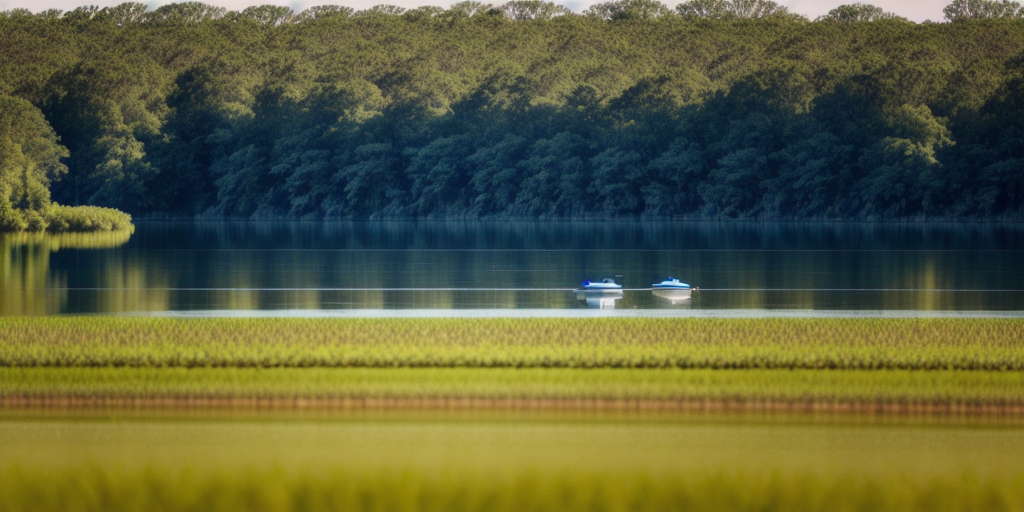
Lake Mattamuskeet protected from planned toxic chemical experiment
How did your country report this? Share your view in the comments.
Diverging Reports Breakdown
Bird sanctuary protected from planned toxic chemical experiment
A federal court sided with SELC and declared that the Fish and Wildlife Service broke the law when it approved testing a toxic algaecide on Lake Mattamuskeet. The ruling blocks the agency from approving these dangerous tests unless it redoes its flawed environmental review. 250 species of migratory and resident birds — including tundra swans, herons, egrets, and 18 species of duck — are safe for now.
We’ve just secured a major win for North Carolina’s largest natural lake — and for the more than 200,000 birds that depend on it.
A federal court sided with SELC and declared that the Fish and Wildlife Service broke the law when it approved testing a toxic algaecide on Lake Mattamuskeet. The ruling blocks the agency from approving these dangerous tests unless it redoes its flawed environmental review.
This specific algaecide can kill birds, but thanks to this win, 250 species of migratory and resident birds — including tundra swans, herons, egrets, and 18 species of duck — are safe for now.
This victory is only made possible by supporters like you — and with wild places and wildlife across the South at risk, we can’t stop here.
Protect Southern wildlife. DOUBLE MY IMPACT
Lake Mattamuskeet is a critical stop along the Atlantic Flyway. It offers food and shelter to birds traveling thousands of miles during their annual migration and is home to a wide variety of birds year-round. Using it as a test site for harmful chemicals would not only set a dangerous precedent for national wildlife refuges — it also distracts from the root causes of the lake’s declining health, such as invasive common carp, runoff, and pollution.
Instead of shortcuts, we need lasting solutions. We hope FWS can refocus on the existing long-term restoration plan for the lake, which was created precisely to address the root problems impairing the lake’s water — instead of unnecessarily exposing the birds that rely on the lake to this toxic algaecide.
Let’s make sure Southern wildlife gets the protection it deserves.
Source: https://www.selc.org/news/bird-sanctuary-protected-from-planned-toxic-chemical-experiment/
